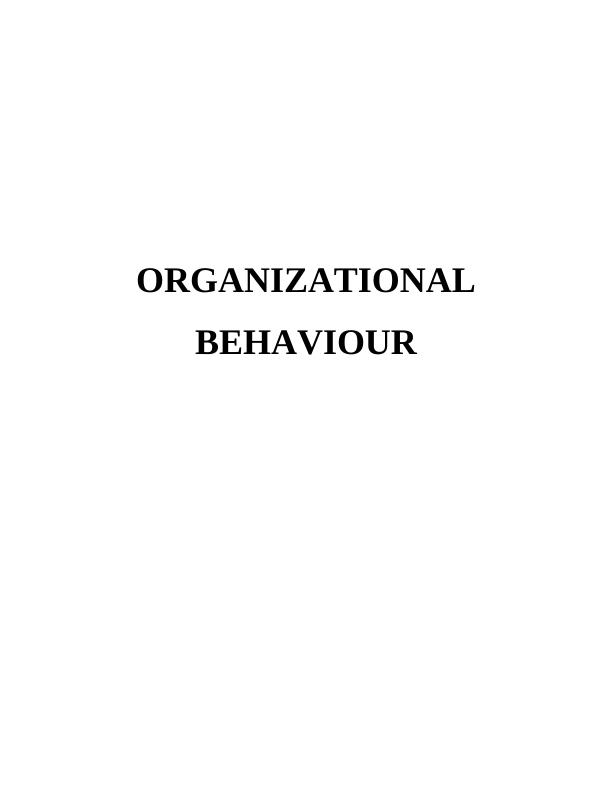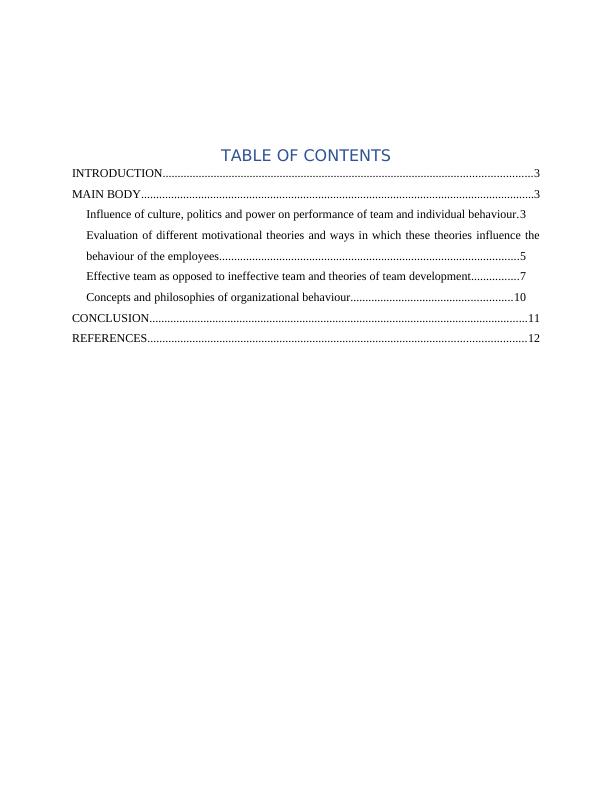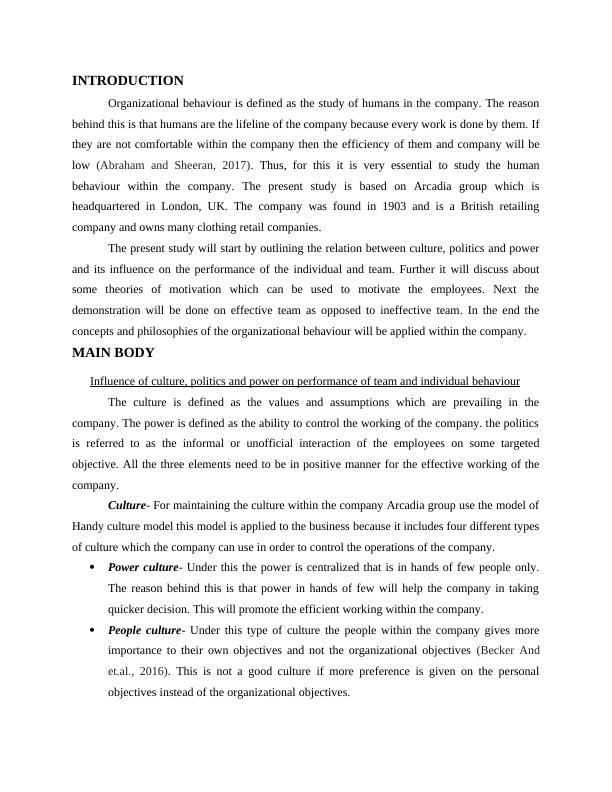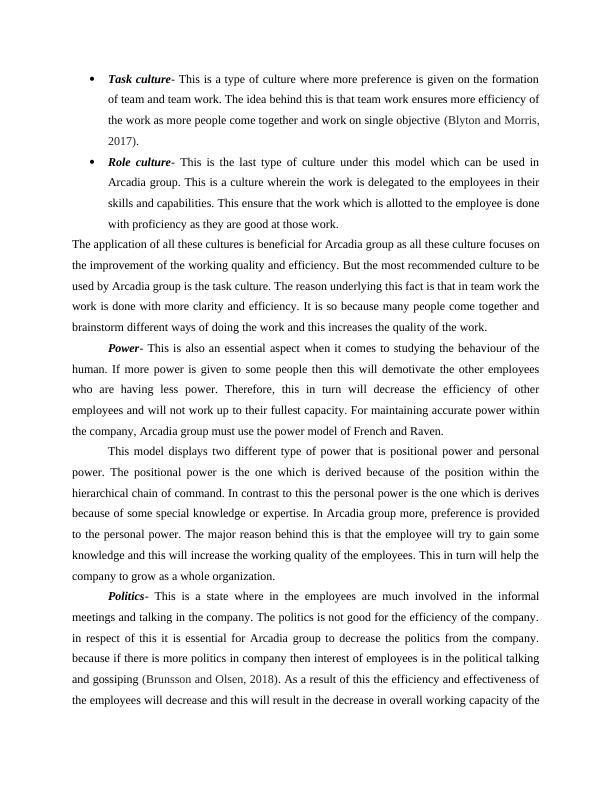Influence of Culture, Politics and Power on Performance of Team and Individual Behaviour
Assignment brief for Unit 12 Organisational Behaviour in the Pearson BTEC HND in Business program at ICON COLLEGE OF TECHNOLOGY AND MANAGEMENT. The assignment is a core unit and is due on 6-11 January 2020.
12 Pages4470 Words96 Views
Added on 2023-01-17
About This Document
This document discusses the influence of culture, politics, and power on the performance of teams and individuals in organizations. It explores different motivational theories and their impact on employee behavior. It also examines the characteristics of effective teams and theories of team development. The case study focuses on Arcadia Group, a British retailing company headquartered in London.
Influence of Culture, Politics and Power on Performance of Team and Individual Behaviour
Assignment brief for Unit 12 Organisational Behaviour in the Pearson BTEC HND in Business program at ICON COLLEGE OF TECHNOLOGY AND MANAGEMENT. The assignment is a core unit and is due on 6-11 January 2020.
Added on 2023-01-17
ShareRelated Documents
End of preview
Want to access all the pages? Upload your documents or become a member.
Impact of Culture, Politics, and Power on Organizational Behavior
|21
|6086
|57
Organizational Behaviour - Arcadia group Sample Assignment
|20
|5812
|57
P4 Concept of philosophies of organizational behaviour
|15
|4390
|286
Organisational Behaviour: Influence of Culture, Power and Politics, Motivational Theories and Techniques for Achievement of Goals in Mark and Spencer
|16
|4689
|125
Organisational Behaviour
|15
|4534
|56
Organisational Behaviour: Culture, Politics, and Motivation
|13
|4296
|34




